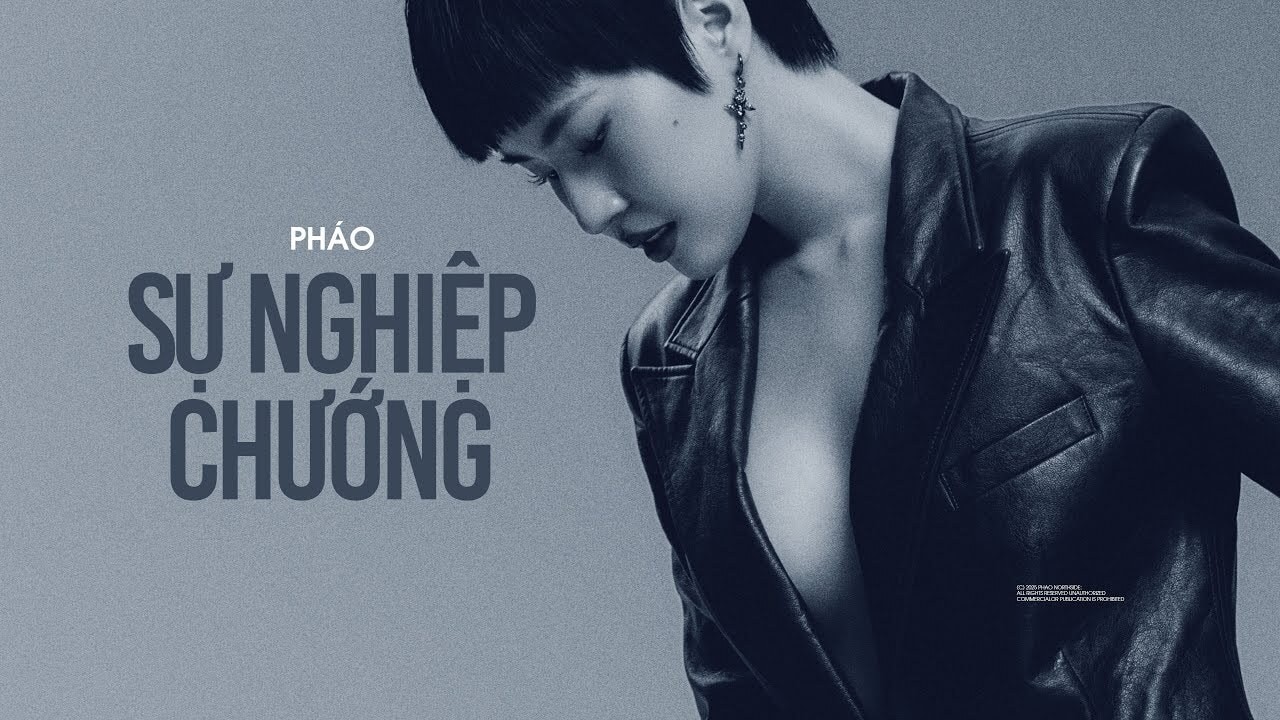
distorted lyrics
“Trash” music is often understood as songs with vulgar, sensitive or meaningless lyrics, produced hastily, and lacking in real artistic value. Many songs follow online trends, using sensational content to attract views without regard to quality. Although these types of songs quickly become trends, they have a negative impact on young people and tarnish the music industry in general.
A recent example is the song “Ngư nghiệp Trừng” by rapper Phao (real name Nguyen Dieu Hien). The song revolves around the story of a girl who falls into a relationship with a flirtatious guy, but in the end has enough courage to give up and choose her own path. However, what is noteworthy is not the message of self-liberation, but the lyrics that are considered offensive, lacking cultural depth and provocative (…). This MV quickly attracted millions of views and rose to the top of YouTube Vietnam’s trending chart.
Phao’s “bad karma” is not an isolated case. Previously, many songs were remade with offensive and vulgar language, but were widely spread when they were “reused” in entertainment video clips. The speed of spread of such content is often very fast, regardless of the aesthetic value or cultural message they bring.
According to musician Pham Toan Thang, it is not a problem for people to make music for fun, but making up lyrics that violate public morals and then posting them on social networking sites to spread to many people is unacceptable.
Regarding this issue, Dr. Pham Viet Long - former Chairman of the Council of the Institute of Culture and Development said that the explosion of social networking platforms has created a favorable environment for the music market, helping artists reach audiences faster, no longer relying too much on traditional channels. However, this also has a negative side, when music products with poor quality, deviant content, even offensive, are widely disseminated.
“Trash music is not simply songs with lyrics lacking artistic value, but can contain toxic messages, promoting a deviant, unhealthy lifestyle,” Dr. Pham Viet Long frankly said. According to him, the biggest risk of this phenomenon is the negative impact on the public’s perception and musical tastes, especially young people who are in the process of forming their aesthetic and outlook on life.
The spread of “trash music” also highlights another problem: censorship and content control on digital platforms are still lax. Social media algorithms often favor viral content, regardless of its artistic value or message. This creates a vicious cycle in which controversial songs that are likely to generate curiosity are pushed even higher.
Building healthy musical tastes
According to experts, creative freedom in art, including music, is something that needs to be respected and protected. However, that does not mean that all musical products can be distributed uncontrollably, regardless of their impact on society.
In order to both ensure creative space for artists and limit the spread of poor quality songs, Dr. Pham Viet Long believes that, first of all, it is necessary to enhance the role of music distribution platforms and social networks in content screening. These platforms not only act as a place to post but also have the responsibility to censor and remove works with offensive content that violates public morality. Content control policies need to be applied flexibly, combined with music recommendation algorithms in the direction of encouraging products with artistic value, instead of relying solely on the level of spread.
Along with that, from the management agency side, there needs to be more effective monitoring mechanisms for music content in the digital space, and at the same time, clear sanctions for infringing products. This does not mean rigid censorship, but rather ensuring a healthy development environment for music, where truly valuable works are recognized and popularized.
More importantly, building a healthy taste in music among the public, especially the youth, is the most sustainable solution. Music aestheticeducation from schools, families to the media needs to be promoted, helping the public to be able to distinguish between true artistic value and superficial trendy content. When listeners become selective audiences, low-quality products, even if they are widely distributed, will hardly be able to survive for long.
Sharing the same point of view, musician Nguyen Van Chung believes that the songs we call "trash music" with vulgar, deviant lyrics... actually exist in all times. Because not all musicians have artistic views that are similar to social standards, not all artists have a good cultural foundation, and not all artists have the awareness to spread beauty, human values, and aesthetic orientations to the audience...
“The truth is that when young people’s psychology and outlook on life are not yet stable, they will be easily attracted and influenced by things they think are fun, unique, interesting, unique, and cool. That is always an eternal problem. That problem can only be solved when the authorities, especially cultural management agencies, have strict measures and specific sanctions for authors or works that violate the law, have bad content, distort life values, and have a negative impact on young people,” said musician Nguyen Van Chung.
Avoid letting spontaneous trends spread

According to Associate Professor Dr. Le Van Toan - former Director of the Vietnam National Academy of Music, the development of social networks has led to many new trends in life, including music. Besides the positive aspects, there are also many consequences, affecting the aesthetic orientation and awareness of the public, especially the youth.
In recent times, many individuals have composed or rewritten lyrics for songs, creating emotional musical products that are close to life and have received positive reception from the online community. However, there have also been many songs circulating online with poor quality, unartistic and offensive content. This situation poses an urgent need to raise awareness, educate musical aesthetics, and at the same time require strict management from authorities.
Source: https://baolaocai.vn/ngan-nhac-rac-tren-nen-tang-so-post399938.html


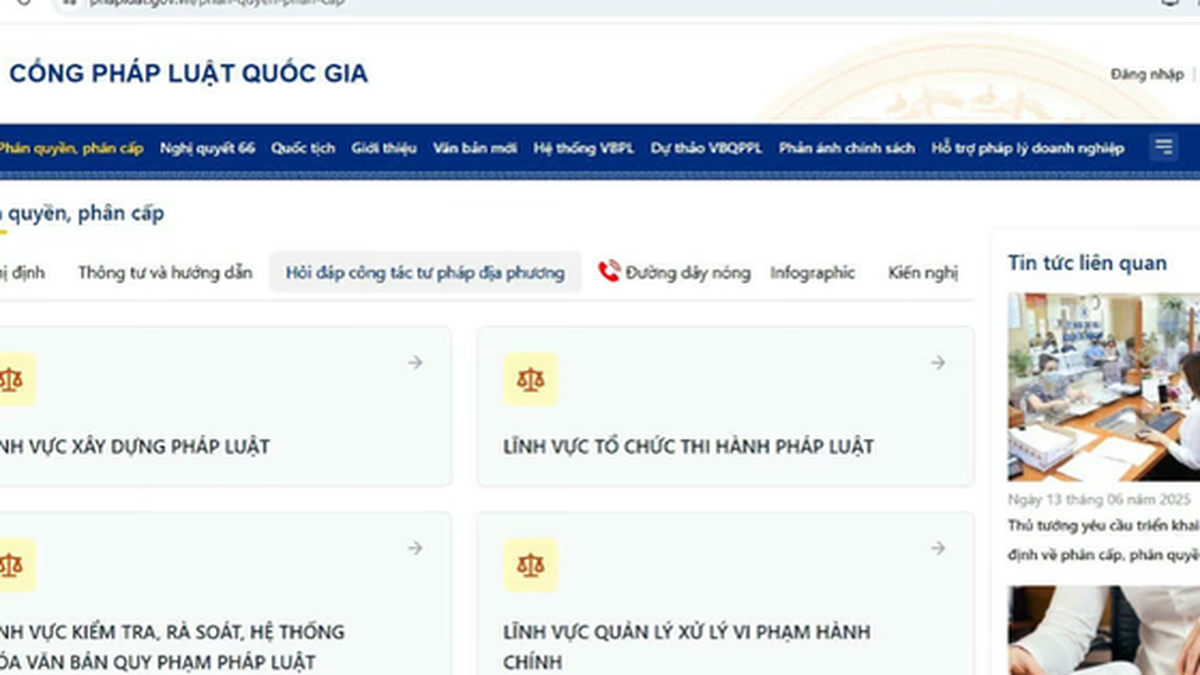


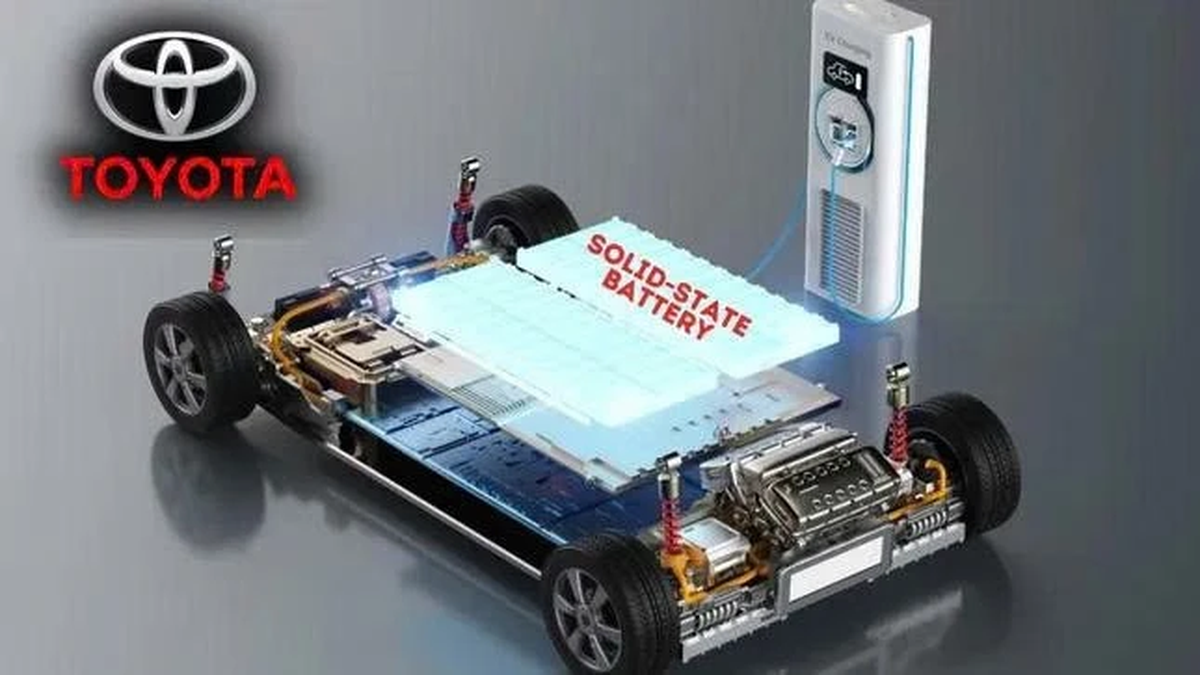
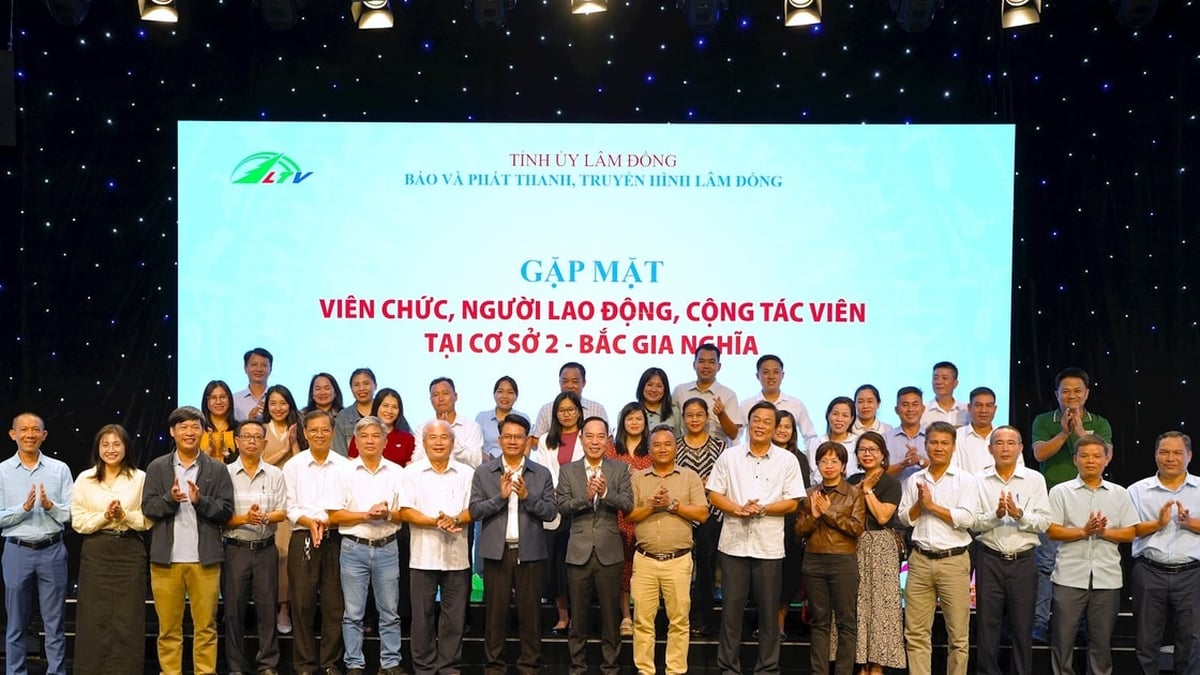


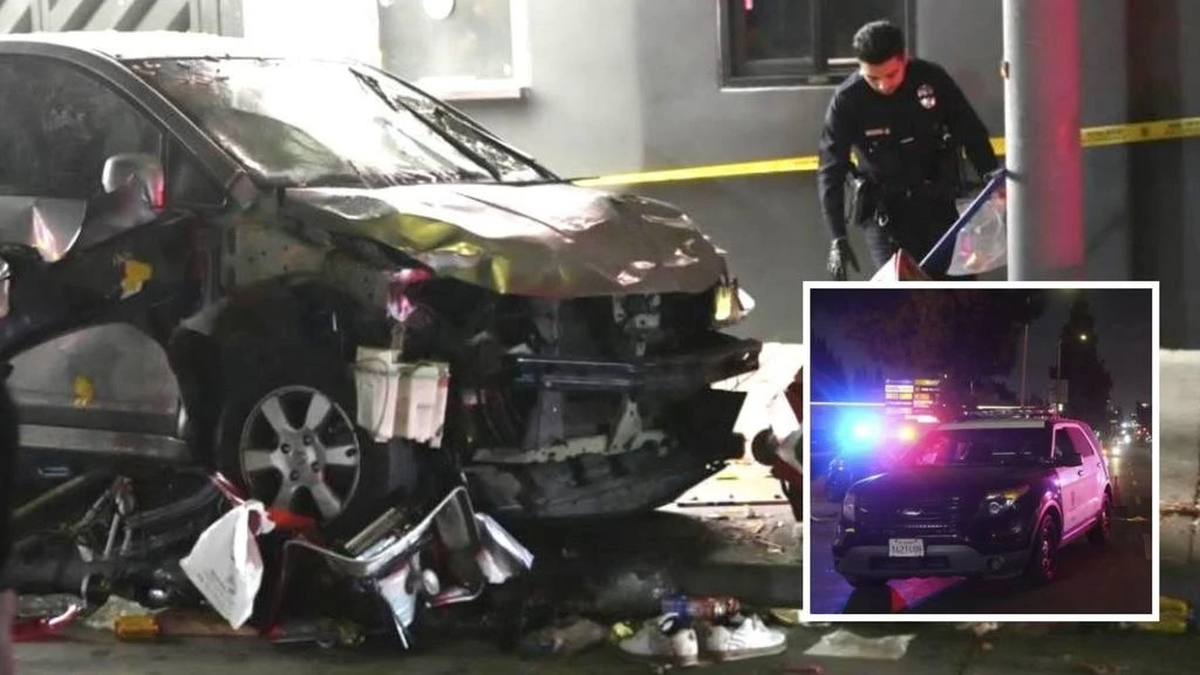
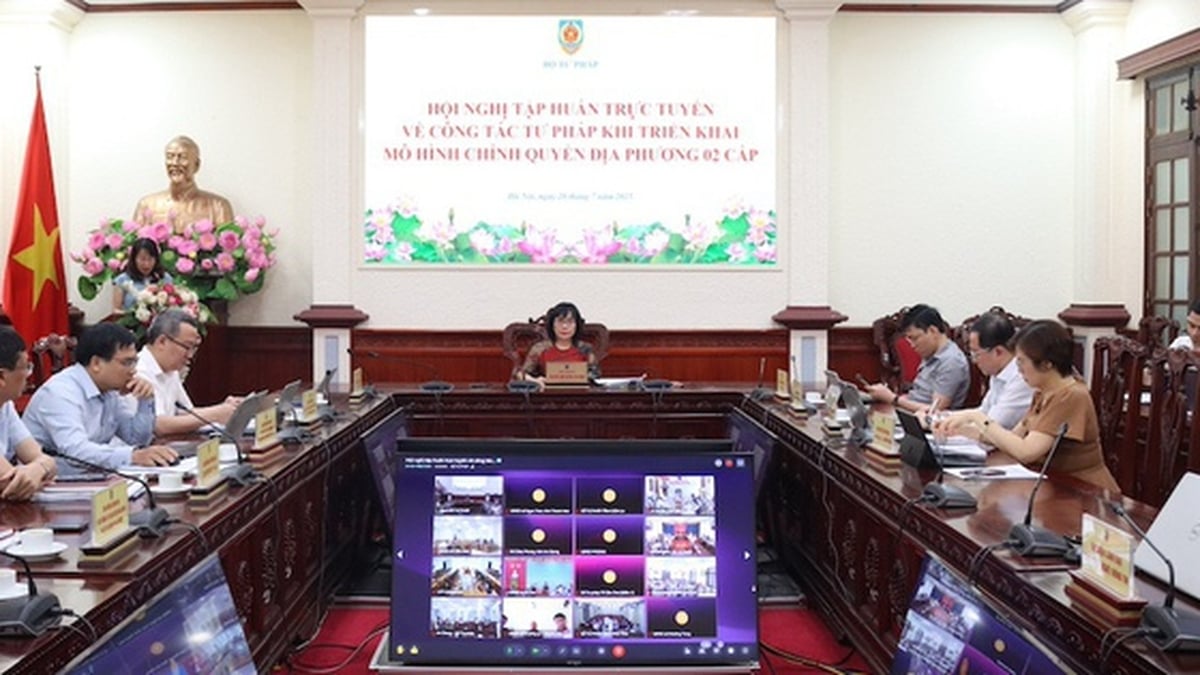













![[Photo] National Assembly Chairman Tran Thanh Man visits Vietnamese Heroic Mother Ta Thi Tran](https://vphoto.vietnam.vn/thumb/1200x675/vietnam/resource/IMAGE/2025/7/20/765c0bd057dd44ad83ab89fe0255b783)








































































Comment (0)